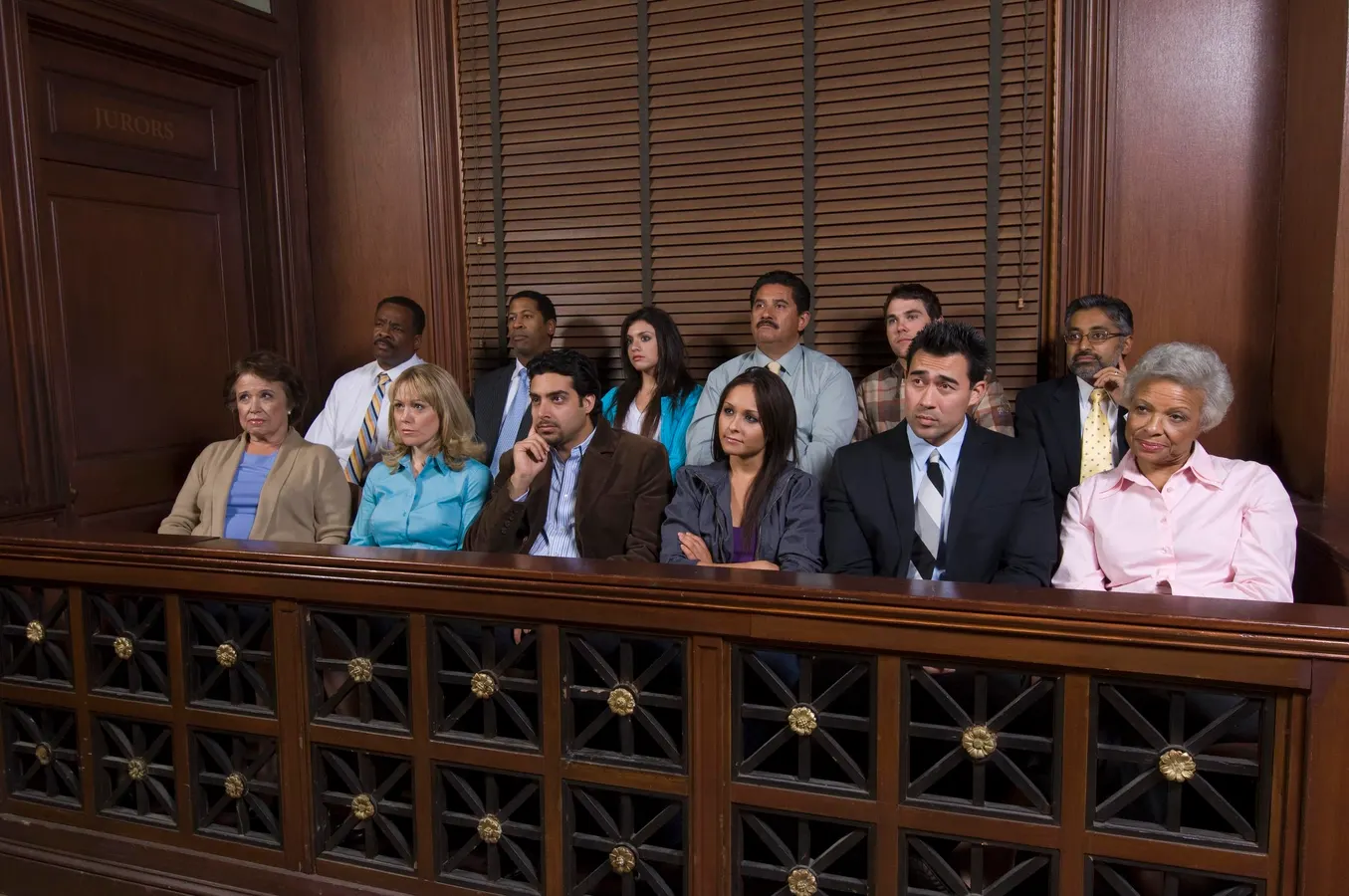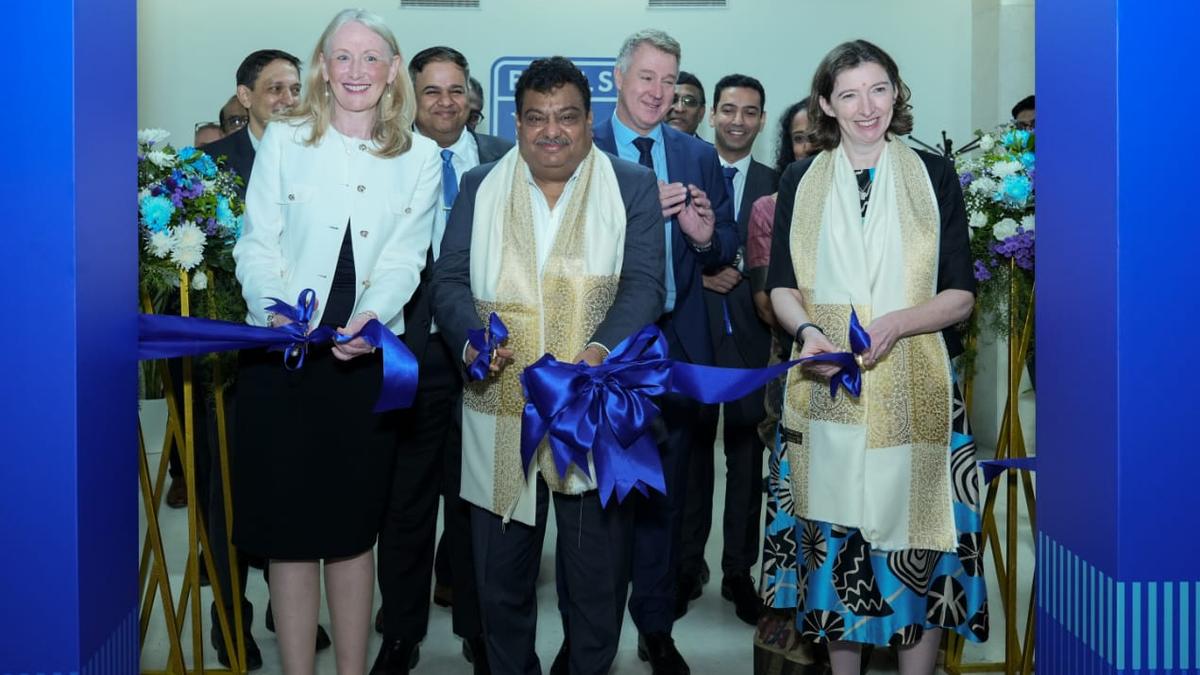By Contributor,J.D,Virginia La Torre Jeker
Copyright forbes

The case United States v. Sagoo, 2025 challenges IRS FBAR enforcement, requiring jury trials for willful penalty disputes. This potentially shifts IRS strategy perhaps toward leniency or selective enforcement. This article explains how jury trials in “willful” FBAR cases are both an opportunity and risk for taxpayers, especially immigrants with foreign accounts, amid growing globalization.
On September 19, 2025, the U.S. District Court for the Northern District of Texas upended IRS FBAR enforcement in United States v. Sagoo (No. 4:24-cv-01159, N.D. Tex. 2025). Sharnjeet Sagoo, a U.S. taxpayer with international ties, faced over $1 million in penalties for alleged willful failures of the Bank Secrecy Act requirement to report foreign financial accounts on what is commonly called the FBAR.
Ms. Sagoo had foreign bank accounts at financial institutions in Kenya, India and England. The opinion did not specify what the accounts were for, but one can easily imagine they were tied to family, business, or inheritance abroad. The aggregate value of these accounts varied from approximately US$1.4 – 1.7 million, exceeding the $10,000 reporting threshold during relevant tax years. The Bank Secrecy Act requires U.S. persons annually file the FBAR, FinCEN Form 114 to disclose such accounts. Ms. Sagoo’s failure to file the FBAR triggered an IRS civil audit with the agency considering the omissions “willful,” leading to penalties against her of over US$1million.
Sagoo refused to pay the penalties and this led the government to sue in federal district court to reduce the assessments to judgment. Ms. Sagoo cited the recent U.S. Supreme Court case of SEC v. Jarkesy, 144 S. Ct. 2117 (2024). Jarkesy mandated jury trials for certain agency-imposed civil penalties under the U.S. Constitution’s Seventh Amendment. Sagoo moved to dismiss the case, arguing the IRS unconstitutionally acted as “prosecutor, jury, and judge” by assessing penalties without giving her a jury trial.
The U.S. District Judge Reed O’Connor granted the motion, dismissing the case with prejudice. The court rejected the government’s claim that a post-assessment jury trial would be sufficient, noting no precedent supported “a trial occurring after an agency had already found the facts, interpreted the law, adjudged guilt, and levied punishment.” This dismissal was a final judgment barring enforcement of those penalties unless the case is overturned on appeal. A win for Ms. Sagoo since the decision halts collection against her, but more significantly, could this case be a win for all taxpayers by reshaping FBAR litigation nationwide?
Will Sagoo Make the IRS More Circumspect—or More Aggressive—in Asserting Willful FBAR Violations?
The IRS has historically pursued willful FBAR violations aggressively. It successfully treats “reckless disregard” or “willful blindness” as sufficient for meeting the “willful” violation standard.
MORE FOR YOU
Undoubtedly, the case will be appealed by the IRS. If Sagoo is upheld, the IRS must litigate willful penalties in court with jury scrutiny, rather than relying on administrative assessments. This raises significant hazards of litigation risk for the IRS and just might foster more IRS circumspection: Why risk a jury rejecting a $1 million penalty when non-willful violations cap at $10,000 per FBAR form per year? The IRS might further encourage taxpayers to self-correct and might expand eligibilty for streamlined compliance programs such as IRS Streamlined Filing Compliance Procedures. Such procedures allow taxpayers to correct non-willful violations with reduced or no penalties, avoiding courtroom battles. Expanding eligibility to join such programs with a focus on educating taxpayers about their obligations signals a softer approach and could temper criticism of the agency, all the while saving IRS resources while boosting compliance rates. Because Sagoo raises potential litigation costs for the government, this factor may also potentially nudge the IRS toward leniency in borderline cases.
Conversely, the IRS could intensify efforts on more airtight willfulness cases to ensure jury-proof outcomes. High-profile audits may see increased pre-litigation fact-finding, lengthening exams but boosting IRS win rates. Sagoo could thus refine how the IRS strategizes its FBAR cases, prioritizing selective enforcement while taxpayers might gain settlement leverage to reduce willful claims to nonwillful.
Jury Trials in FBAR Cases: Taxpayer Opportunity or Risk ?
If upheld, the Sagoo ruling mandates jury trials for willful FBAR penalty collection lawsuits, unless the taxpayer waives their right to a trial by jury. This shift is a double-edged sword that has potential to both help and harm taxpayers.
The Help: Juries may be more likely to humanize FBAR disputes. A sympathetic panel might view a first-generation immigrant or dual national differently when it comes to unreported accounts taking into account cultural issues, foreign bank issues, language barriers and poor advice. Juries could curb IRS overreach, awarding nominal damages or rejecting willfulness.
The Harm: Many American jurors may see offshore accounts as “tax cheat” hallmarks, spurred on by UBS or Panama Papers narratives. Jurors might misread legitimate remittances (e.g., overseas family support) as willful hiding, risking harsher penalties. The venue for a jury trial regarding FBAR will matter significantly. Diverse urban juries (Miami, New York) may be empathetic; rural ones, less so.
Globalization’s Evolving Lens: From Suspicion to Normalization in FBAR Compliance
With about 50 million immigrants in the U.S. in 2025, and the surge in remote work, foreign accounts are becoming increasingly common. Yet the FBAR still traps unaware taxpayers who often miss filings due to cultural or advisory gaps. The Sagoo case, which challenges IRS FBAR enforcement by mandating jury trials, underscores the complexities immigrants face in understanding U.S. tax obligations. My earlier article raised the concern how tax noncompliance can jeopardize naturalization due to moral character requirements. By highlighting these overlapping issues, Sagoo’s impact on taxpayers with foreign accounts resonates with the broader naturalization challenges.
Sagoo could shift perceptions. Juries, with foreign-born members in major districts, may normalize international ties, reducing willful assertions against good-faith filers. However, without more significant reforms such as drastically raising the $10,000 FBAR filing threshold, aligning FBAR with FATCA’s Form 8938, mandatory education on tax matters prior to naturalization or issuance of a green card, globalization may amplify penalties against mobile taxpayers.
Tax professionals and taxpayers with FBAR penalty issues should carefully monitor developments with the Sagoo decision, a landmark ruling strengthening taxpayer rights in IRS FBAR audits. It sets a strong precedent for demanding jury trials and should be asserted early in IRS FBAR audits and at any district court level proceeding to challenge willful violations and protect against harsh penalties.
Stay on top of tax matters around the globe.
Reach me at vljeker@us-taxes.org
Visit my US tax blog www.us-tax.org
NO ATTORNEY-CLIENT RELATIONSHIP OR LEGAL ADVICE
This communication is for general informational purposes only. It is not intended to constitute tax advice or a recommended course of action. Professional tax advice should be sought as the information here is not intended to be, and should not be, relied upon by the reader in making a decision.
Editorial StandardsReprints & Permissions



